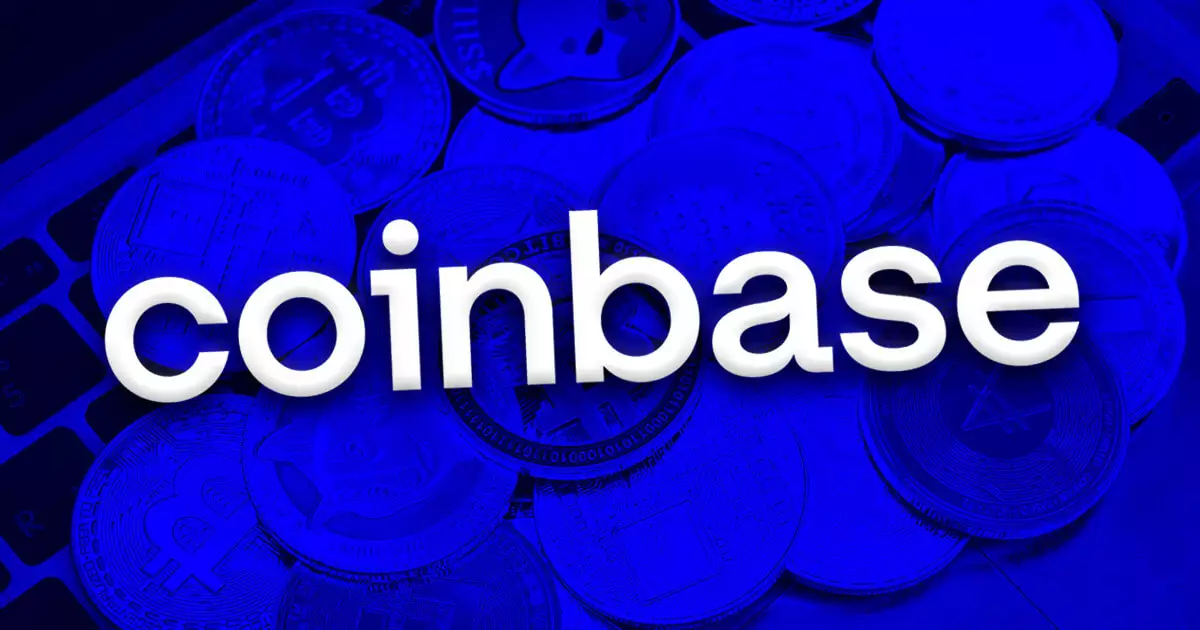In the fast-paced and often tumultuous world of cryptocurrency, disputes often arise as market dynamics shift and regulatory scrutiny increases. A recent case has come to the forefront involving Coinbase, one of the largest cryptocurrency exchanges, and BiT Global, a company closely linked to wrapped Bitcoin (WBTC). The issue centers around Coinbase’s staunch refusal to reverse its decision to delist WBTC due to growing concerns surrounding its association with Justin Sun, the controversial founder of TRON. Coinbase has emphatically labeled BiT Global’s legal efforts to contest the delisting as baseless, arguing that it is acting within its rights to maintain platform integrity.
Coinbase’s decision stems from a meticulous internal review that flagged several red flags surrounding WBTC. Prominently, concerns about the transparency of the reserves backing WBTC and Sun’s controversial reputation played pivotal roles in this decision. Chief legal officer Paul Grewal stated that any association with Sun presents “unacceptable risks,” prompting the exchange to take preventative action. Such a stance aligns with Coinbase’s broader responsibility towards safeguarding its user base and preserving trust in its platform. Historically, the exchange has acted similarly in other situations, removing assets that it deemed posed a threat to users or market integrity.
The lawsuit filed by BiT Global seems to be more than a mere disagreement over corporate governance; it illustrates a tension between the operational standards that platforms must uphold and the competitive interests of external entities. As it stands, BiT Global’s claims that the delisting could tarnish WBTC’s reputation appear weak in light of Coinbase’s rigorous justification for its decision. In its filings, Coinbase articulates a compelling narrative that prioritizes consumer protection over corporate rivalry.
BiT Global’s argument is multifaceted, asserting not only that the delisting is an unfair business practice but also that it reflects an intentional maneuver to promote Coinbase’s own asset, cbBTC. The company has sought a temporary restraining order (TRO) to impede this delisting decision, arguing that it will inflict considerable damage on both its financial standing and the broader market perception of WBTC. However, BiT’s assertions of irreparable harm seem to clash with Coinbase’s position that transactions involving WBTC on its platform are minimal—less than 1% according to Coinbase.
Moreover, BiT’s argument that the delisting will signal a loss of trust in WBTC appears to overlook the broader context. The determination of trust in cryptocurrency is influenced by a multitude of factors, including regulatory news and the reputations of key figures like Sun, whose past legal troubles cast a long shadow over any assets he’s associated with. This amplifies the question of whether reputational damage could be ascribed solely to Coinbase’s actions or if it is symptomatic of deeper structural issues inherent in the token itself.
As this case progresses through the legal system, it not only highlights the complexities of the cryptocurrency world but also sheds light on the regulatory pressures that digital assets face. Sun’s controversial reputation is pivotal here, especially given ongoing investigations by the SEC and other authorities. This underscores the importance of due diligence and transparency in the crypto space—essential qualities that platforms like Coinbase must prioritize to maintain user confidence.
Additionally, the response by Coinbase reflects a broader trend among exchanges to position themselves as custodians of trust, actively managing their offerings to mitigate risk. While the outcome of this case remains uncertain, the implications could resonate throughout the industry, reinforcing the need for greater scrutiny, not just on the assets but on their underlying structures and affiliations.
The upcoming hearing set for December 18 will be critical in determining the next steps in this legal saga. Regardless of the outcome, the clash between Coinbase and BiT Global serves as a reminder of the intricate and often contentious landscape of cryptocurrency regulation and market operations. It forces stakeholders to consider how trust, transparency, and reputational risks intertwine in this innovative yet precarious market. This case may very well set precedents for how exchanges navigate future challenges and govern their listings, impacting not just the companies involved but the broader cryptocurrency ecosystem.
















Leave a Reply